Is a Modular Home Right for You?

Explore the concept of modular homes, their rising popularity, and the considerations involved when deciding if this type of housing is suitable for you.
What Are Modular Homes?
Definition and Structure
Modular homes are dwellings constructed in sections in a factory setting, then transported and assembled on-site. Unlike traditional homes built entirely on location, modular homes are crafted with precision in controlled environments.
This method of construction offers unique advantages in terms of efficiency and quality control, often leading to shorter build times. Unlike mobile homes, they are not typically moved once in place, offering a more permanent housing solution.
Modular homes adhere to local building codes just like traditional homes, providing peace of mind regarding safety and standards. The growing interest in modular homes is fueled by advances in construction technology and demand for customizable, affordable housing.
Manufacturing and Assembly Process
The construction process of a modular home begins in a factory setting, where individual modules are constructed under stringent quality control measures. This can result in a faster turnaround time compared to traditional building methods.
Once the modules are completed, they are transported to the building site for assembly, which typically requires specialized equipment. The on-site assembly process integrates the modules seamlessly, completing the structure in a matter of weeks.
This process minimizes on-site waste and disturbances, bringing an element of environmental responsibility. Manufacturing in a controlled setting also reduces weather-related delays, making the timeline more predictable for homeowners.
How Do Modular Homes Compare to Traditional Homes?
Cost Considerations
Modular homes can offer significant cost savings compared to traditionally built homes, mainly due to the efficiency of the factory construction process. Bulk purchasing of materials and reduced labor costs contribute to these savings.
Lower costs do not equate to lower quality; instead, modular homes often provide additional features for less money than conventional homes. It’s essential to factor in transportation and assembly costs when budgeting for a modular home.
While initial savings are attractive, potential homeowners should also consider long-term costs such as maintenance and energy efficiency, which can influence total cost of ownership. The predictability of costs is another advantage, with fewer unexpected expenses than traditional builds.
Quality and Durability
Thanks to standardized factory settings, modular homes benefit from consistent and controlled build quality. This often leads to higher standards of craftsmanship than site-built homes face due to variable conditions.
Modular homes are constructed to endure the rigors of transportation and on-site assembly, contributing to their durability. They must meet the same local building codes and regulations as any other home type, which ensures they are built to last.
What Are the Benefits of Owning a Modular Home?
Environmental Impact
The modular home construction process is notably eco-friendly, with reduced waste and energy usage compared to traditional building methods. Materials are often recycled or repurposed, further minimizing environmental impact.
Energy-efficient designs are prevalent in modular home offerings, reducing the overall carbon footprint of homeowners. Additionally, the construction process itself has a smaller environmental impact due to fewer deliveries and shorter build times.
Customization and Flexibility
Modular homes offer impressive customization options, allowing buyers to tailor their home to personal tastes and needs. From floorplans to finishes, the degree of customization can rival or exceed that of traditionally built homes.
The modular approach also means greater flexibility when it comes to expansion and alterations, with new modules added as needed. This flexibility makes it easy to adjust living spaces as lifestyles or family dynamics change.
Are There Any Drawbacks to Modular Homes?
Financing and Insurance Challenges
One challenge of purchasing a modular home is navigating the financing aspect, as some lenders may be unfamiliar with this type of construction. Loan terms and conditions might vary significantly from those available for traditional homes.
Insurance for modular homes can also present complications, though many companies offer standard policies. It’s important to work with providers who understand the nuances of modular construction to ensure comprehensive coverage.
Resale Value Considerations
The perception of modular homes within the real estate market can influence their resale value, although modern designs are helping to shift attitudes. In certain areas, traditional homes might still command higher prices, affecting competitive resale.
That said, the quality and aesthetics of newer modular homes ensure they remain attractive to buyers, enhancing their potential resale value. Maintenance and upgrades also play key roles in safeguarding the property’s value over time.
Summarize the advantages and disadvantages of modular homes, helping you decide if a modular home meets your lifestyle and financial needs. As the industry continues to innovate, modular homes represent a promising alternative for many prospective homeowners. Considering both the pros and cons carefully, modular homes can potentially offer an excellent balance of cost, quality, and customization.
.

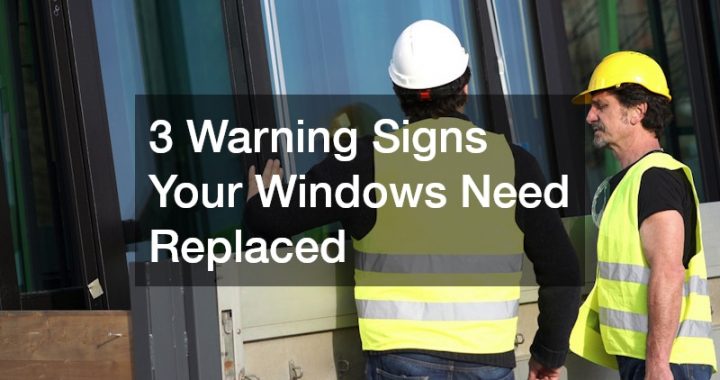 3 Warning Signs Your Windows Need Replaced
3 Warning Signs Your Windows Need Replaced  Dealing with Major Roofing and Water Damage Issues
Dealing with Major Roofing and Water Damage Issues 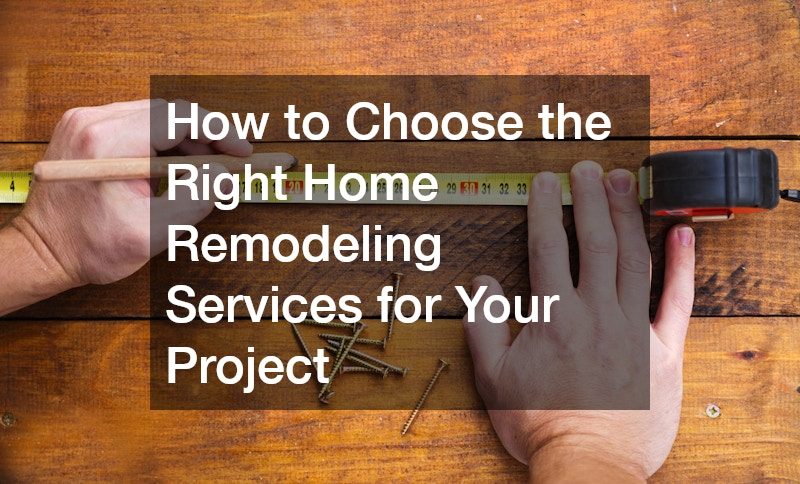 How to Choose the Right Home Remodeling Services for Your Project
How to Choose the Right Home Remodeling Services for Your Project  10 Ways Remodeling Improves Energy Efficiency and Comfort
10 Ways Remodeling Improves Energy Efficiency and Comfort 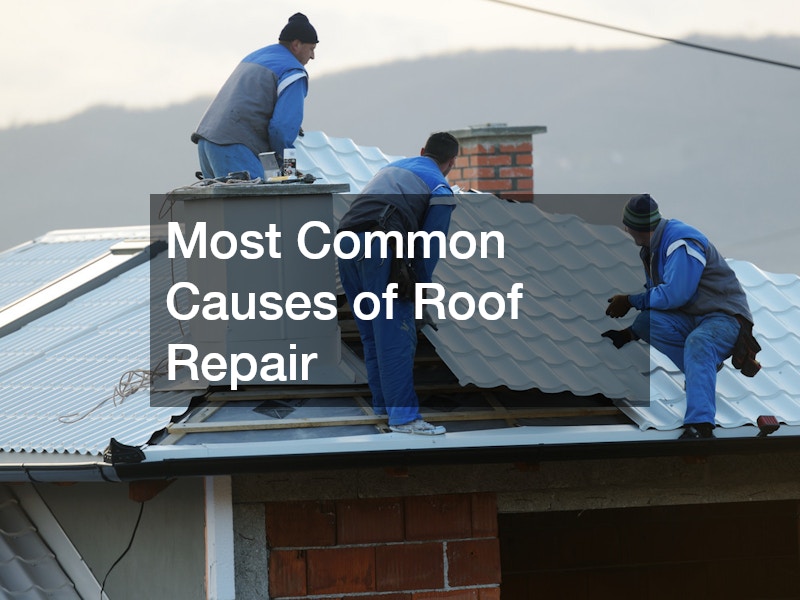 Most Common Causes of Roof Repair
Most Common Causes of Roof Repair 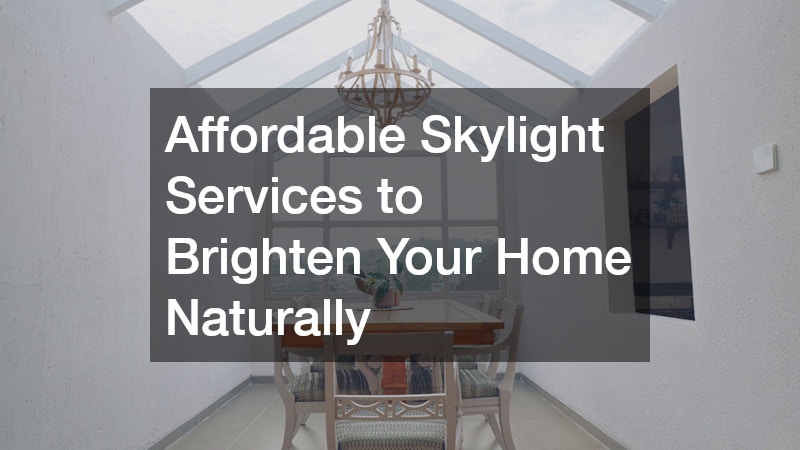 Affordable Skylight Services to Brighten Your Home Naturally
Affordable Skylight Services to Brighten Your Home Naturally 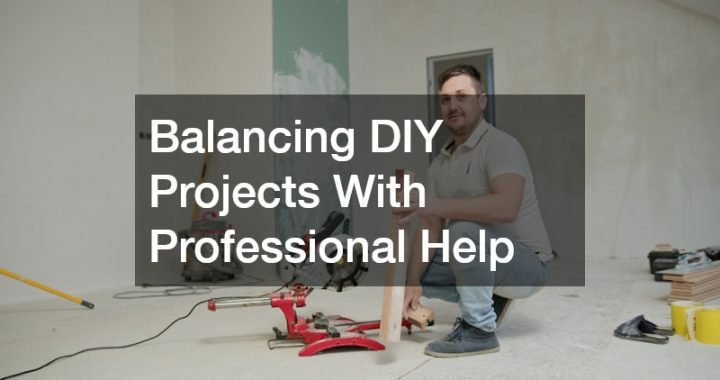 Balancing DIY Projects With Professional Help
Balancing DIY Projects With Professional Help 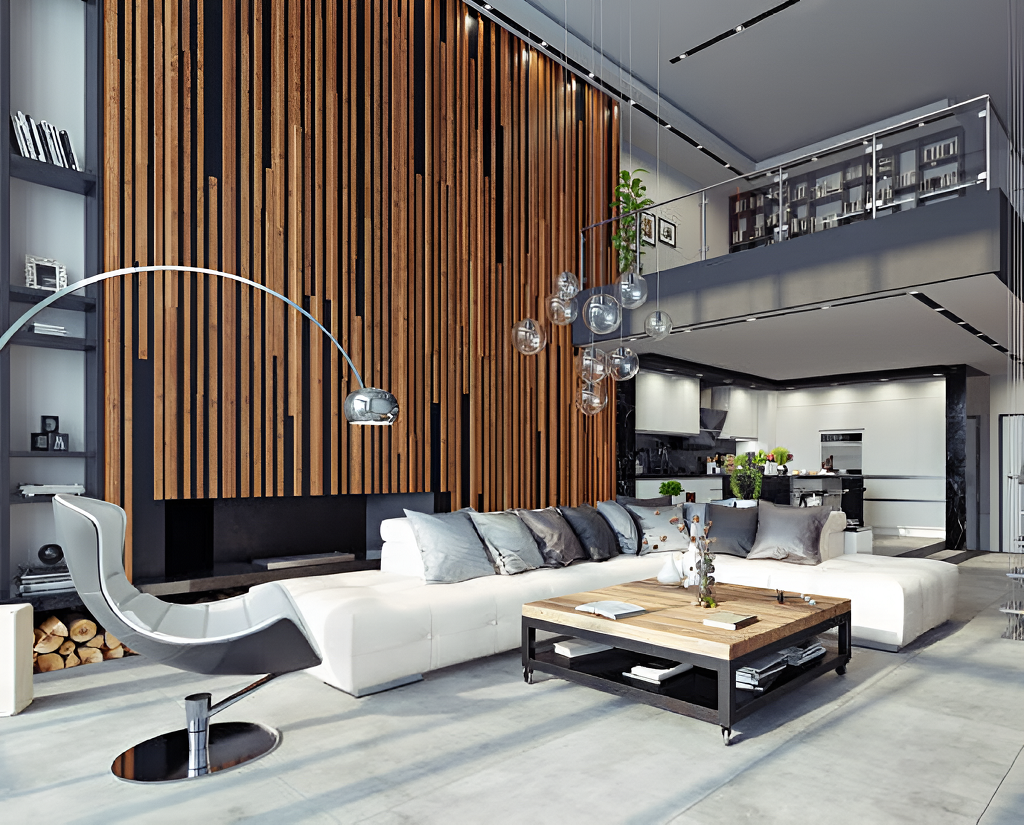 5 High Ceiling Accent Wall Ideas for a Modern Minimalist Living Room
5 High Ceiling Accent Wall Ideas for a Modern Minimalist Living Room